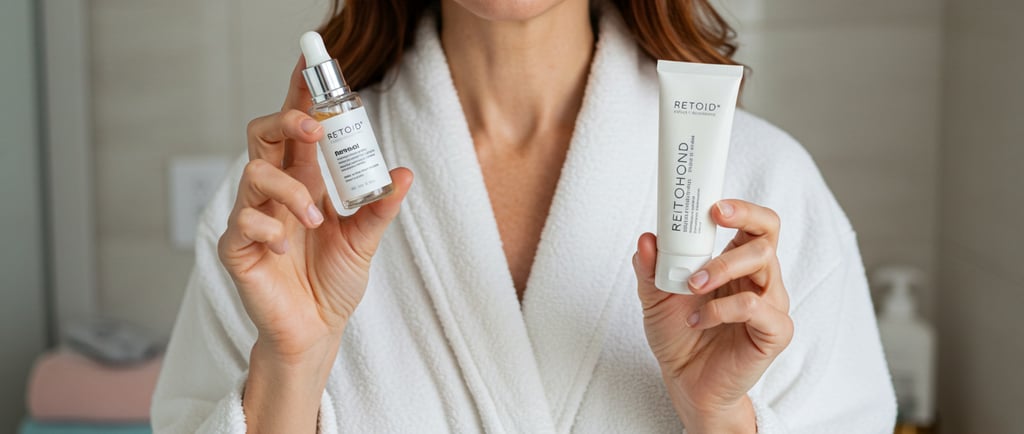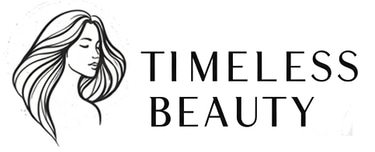Retinol vs. Retinoids: Key Skincare Differences
Discover the differences between retinol and retinoids to find the best Vitamin A derivative for your skin. Learn how to use these powerful ingredients effectively for optimal skincare results.
SKINCARE
5/6/20252 min read


Introduction to Retinol and Retinoids
In the realm of skincare, the terms retinol and retinoids are often used interchangeably. However, it is essential to understand that while they are related, they are not the same. Both are derivatives of vitamin A, but their specific functions, formulations, and effects on the skin can vary significantly. In this post, we will clarify the differences between retinol and retinoids and help you determine which product is best suited for your skincare needs.
What is Retinol?
Retinol is a specific type of over-the-counter retinoid that is known for its gentle and effective nature. This ingredient is available in creams and serums and is commonly used to promote skin renewal, improve texture, and reduce the appearance of fine lines and wrinkles. Retinol is converted by the skin into retinoic acid, the active form of vitamin A, that directly affects cellular function. Due to its lower strength compared to prescription retinoids, retinol is often well-tolerated by individuals with sensitive skin.
Understanding Retinoids
Retinoids, on the other hand, encompass a broader category that includes retinol as well as other stronger derivatives available only through prescription. These stronger forms, such as tretinoin and adapalene, are typically used for more severe skin concerns like acne and hyperpigmentation. While retinoids provide faster and often more pronounced results, they can also come with increased side effects, such as irritation, dryness, and peeling. For many, the choice between retinol and retinoids will depend on skin sensitivity and the specific skin issues being addressed.
Finding What Works for You
When choosing between retinol and retinoids, it is crucial to consider your skin type and individual concerns. If you are just starting in your journey with vitamin A products, retinol offers a gentler introduction, allowing your skin to gradually acclimate to the ingredient without overwhelming it. However, if you have more persistent or severe skin concerns, consulting with a dermatologist can help you determine whether a prescription retinoid is necessary for your situation.
Additionally, it is vital to incorporate these products into your skincare routine thoughtfully. Start by using retinol or retinoids two to three times a week to see how your skin responds. Gradually increase the frequency as your skin builds tolerance. Remember to use sunscreen daily, as both retinol and retinoids can increase sun sensitivity.
In conclusion, while retinol and retinoids are both effective in their own right, understanding the differences between them can greatly impact your skincare results. Whether you choose the gentler retinol or the more potent prescription retinoids, the key is to find what works best for your individual needs and maintain a consistent skincare regimen for optimal results.
